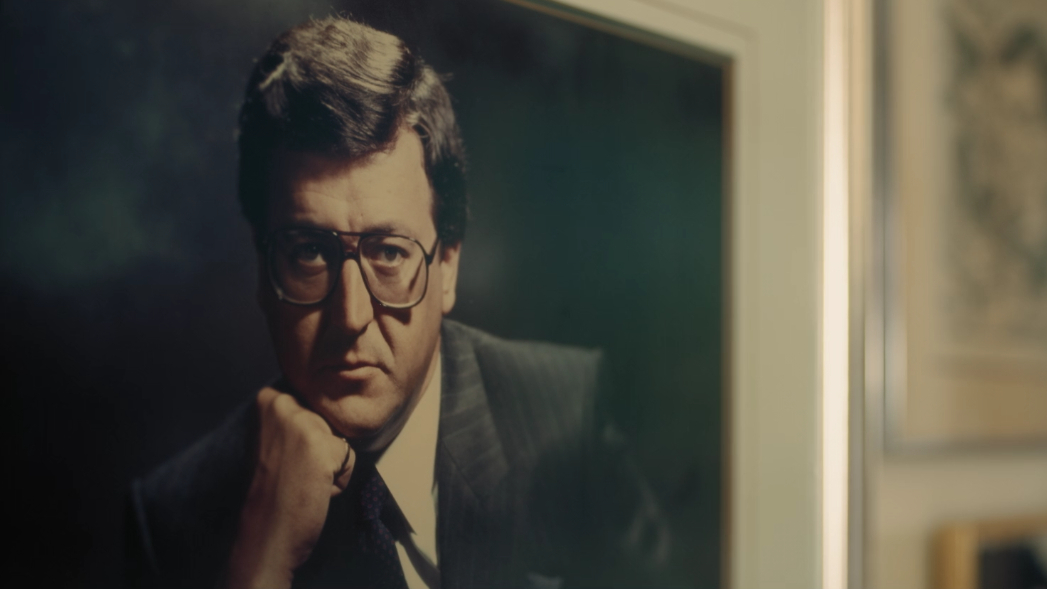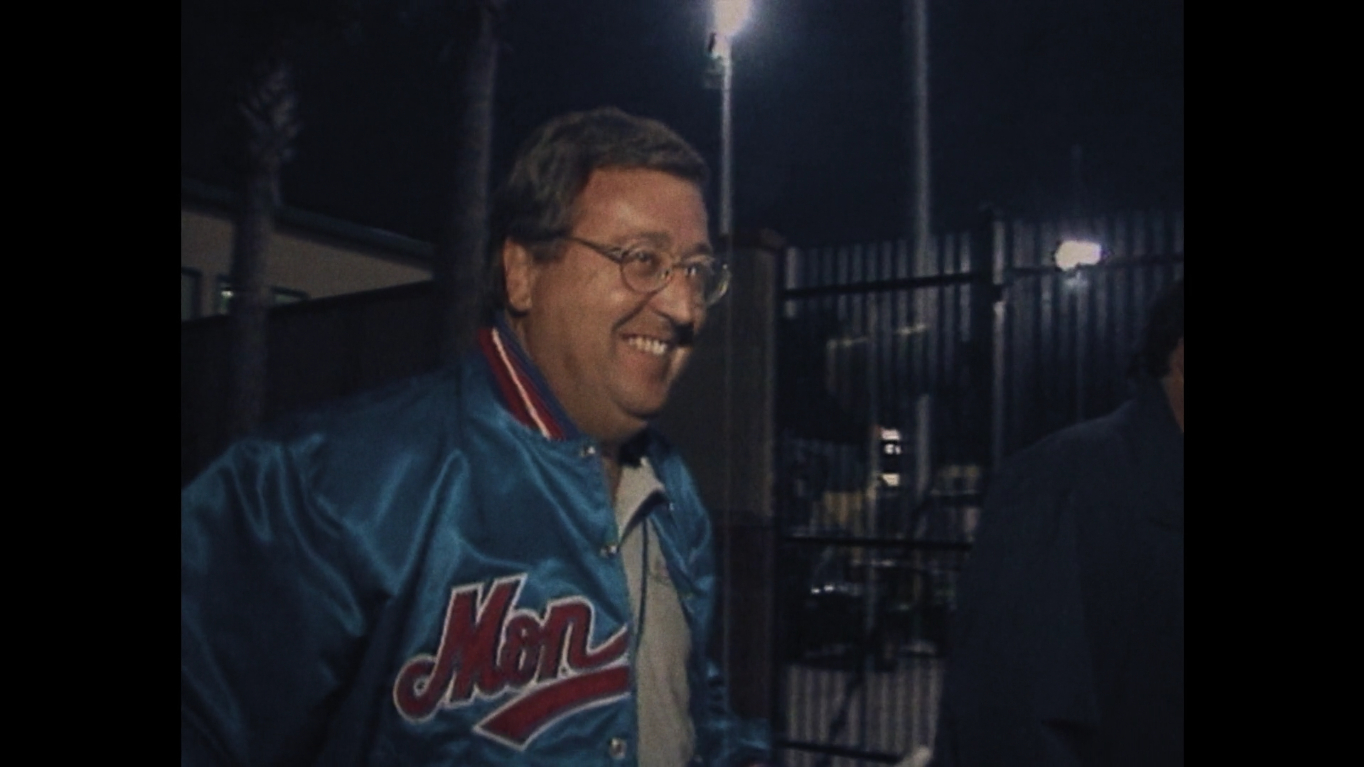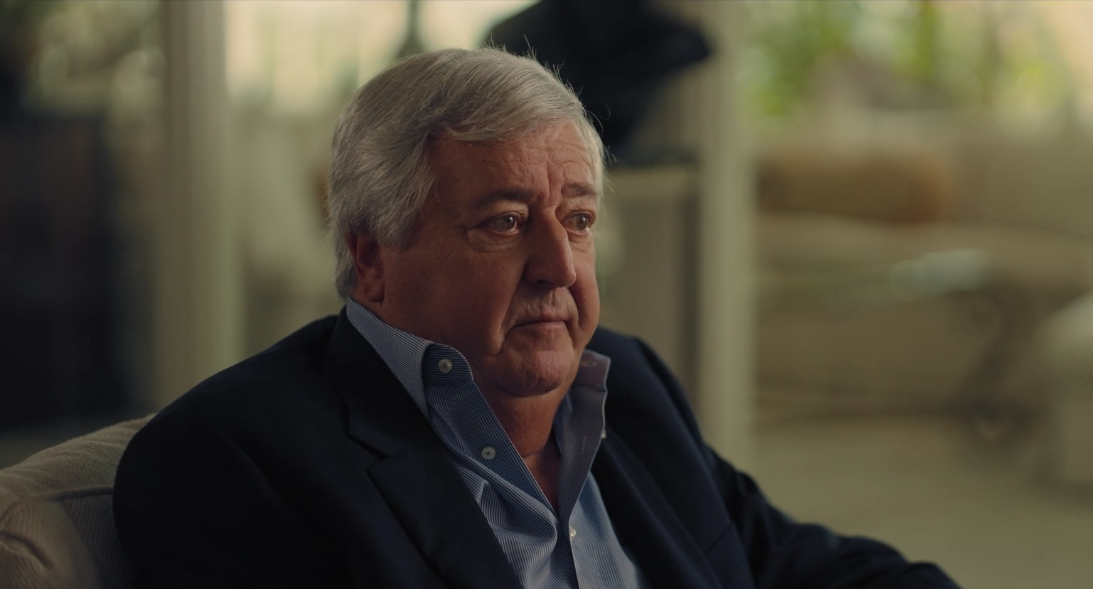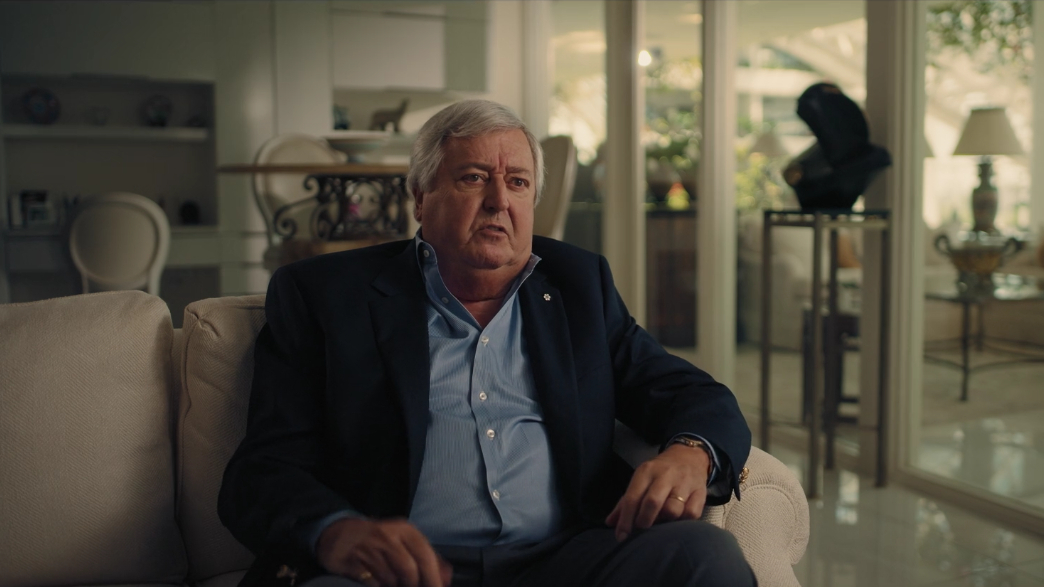Directed by Jean-François Poisson, Netflix’s ‘Who Killed the Montreal Expos?’ is a gripping sports documentary that delves deep into how the once-beloved titular baseball team relocated to the US. The private franchise was a source of pride for almost every local in Quebec, Canada, so it is no surprise that its sudden disintegration still has fans questioning precisely what transpired and why. That’s what this film explores, with the help of experts, supporters, and those closely involved in the decisions that ultimately sealed the team’s fate, including then-executive Claude Brochu.
Claude Brochu Has a Background in Marketing and Management
Born on October 29, 1944, in Quebec City, Quebec, Claude Brochu reportedly grew up in an ordinary suburban environment at a time when baseball was the most popular sport in the province. He ended up developing a passion for it, which only expanded as the years passed and inadvertently led him to develop an interest in football, hockey, squash, and tennis as well. Nevertheless, while he played as well as analyzed these games, he chose to pursue a more traditional path upon graduating from high school by enrolling in college and then the army.

According to records, Claude actually served as a Captain in the Canadian Armed Forces’ elite infantry regiment, the Royal Vingt-Deux Regiment, across both his homeland and Europe in the 1960s. It was only upon his discharge that he decided to return and study further, resulting in him soon attending McMaster University in Ontario for a Master’s in Business Administration (Class of ’71). He subsequently kick-started his career in the corporate world, working in marketing, sales, and personnel management at several multinational corporations over a period of five years.
Claude Brochu Was With the Montreal Expos For 12 Long Years
It was in 1976 when Claude stepped away from traditional companies to join Seagram Distillery in Montreal as a Product Manager, where he quickly proved his mettle and rose through the ranks. He evolved into the Director of Marketing Services within a couple of years, following which he was appointed Vice President and then Executive Vice President of the department. It was during this period that he first came across Montreal Expos owner Charles Bronfman – the Bronfman family also owned and operated the Distillery – unaware he would leave a lasting impression.

In fact, according to records, when John McHale decided to retire as President and Chief Operating Officer of the baseball club in 1986, Charles allegedly handpicked Claude to be his successor. Then, when the owner realized it was time to sell the franchise due to the extensive losses it was incurring, he allowed his then-President some time to make a purchase offer as well. It took Claude 17 months, but he was able to bring together a consortium of local investors who purchased the Montreal Expos for $100 million (Canadian dollars) on June 14, 1991. It was then agreed, based on Major League Baseball regulations, that he would make all the active decisions for the team as the largest shareholder.
Having spent $2 million (Canadian dollars) from his own wealth to make the purchase and hold 7% shares in his hands, Claude subsequently held the title of the team’s General Manager as well. As a result, he spent the ensuing few years doing his best to not only make the franchise successful but also profitable, for which he invested in great coaches, managers, players, and equipment. In 1994, they were even poised to earn a league win as well as the World Series Championship, that is, until the players’ strike brought the season to an end and shattered their long-held hopes. With comprehensive plans, he even proposed to the city that a new stadium be built in downtown Montreal as a means to generate revenue, but his efforts were hindered due to a lack of available funds. In other words, the Montreal Expos were still facing bankruptcy, so in 1998, he resigned from his positions and handed over the reins to New York art dealer Jeffrey Loria for $18 million.
Claude Brochu Prefers to Lead a Quiet Life Today
Since Claude was around his mid-50s when he parted ways with the Montreal Expos for good, he seemingly chose to step away from the limelight by essentially retiring. By this point, he had already been named Canada’s Baseball Man of the Year (1990) and earned the second-highest national honor of the Order of Canada for his contribution to the sport (1996). Therefore, as per his own accounts, in the late 1990s, he made the best of the situation and did what he thought was best for not only himself but also the team, the fans, and the sport as a whole. He had no idea the Montreal Expos would end up moving to Washington, DC after the 2004 season and be rebranded as the Washington Nationals.

Since then, from what we can tell, Claude has turned any personal profits from the sale of his shares into an investment by purchasing a property in West Palm Beach, Florida. “It’s great for house values,” he candidly told the Financial Post in 2015. “For day to day, (the Canadian dollar) becomes 25% more expensive. If you own U.S. real estate, you’ve got a bonanza.” Therefore, today, in his early 80s, it appears as if the retiree now splits his time between his homeland of Quebec and Florida, spending the summers in the former and the winters in the latter alongside his wife, Michelle. As for what he may be up to these days, he likely dedicates most of his time to his family or pursues hobbies such as golfing.
Read More: Natasha Cournoyer Murder: Where Is Claude Larouche Now?


You must be logged in to post a comment.